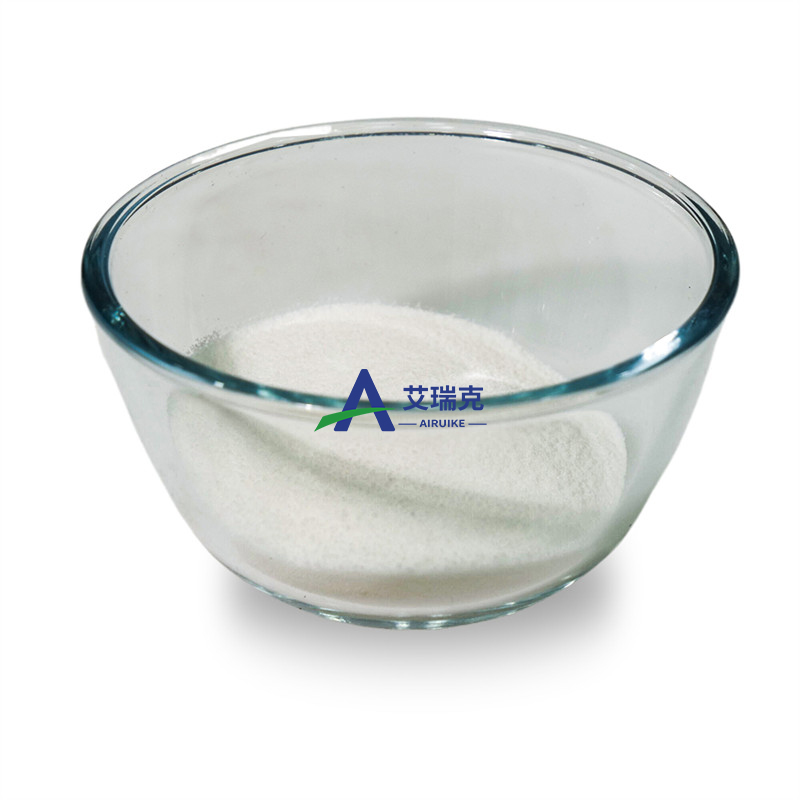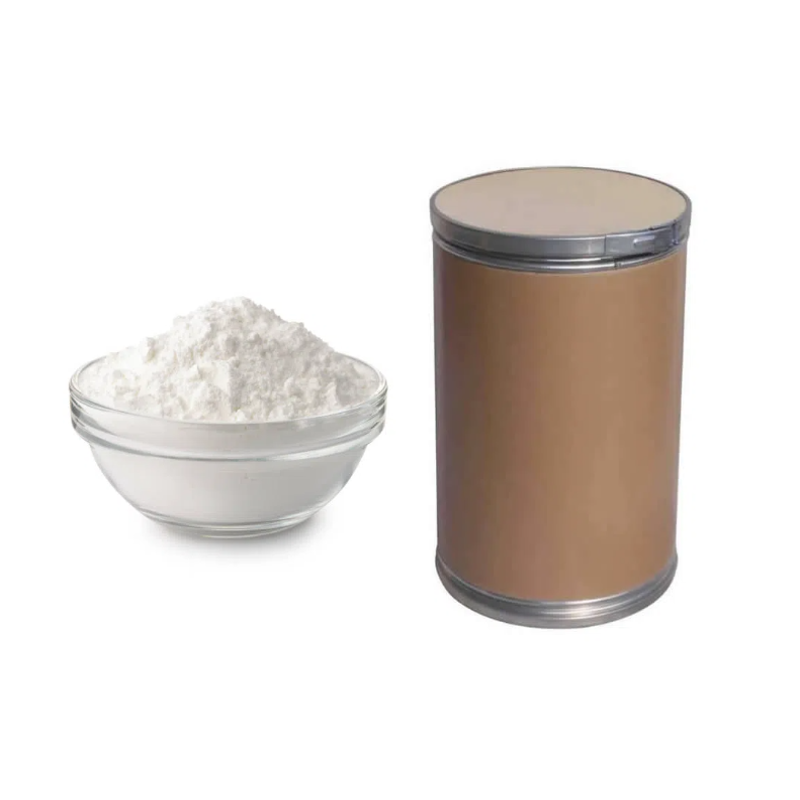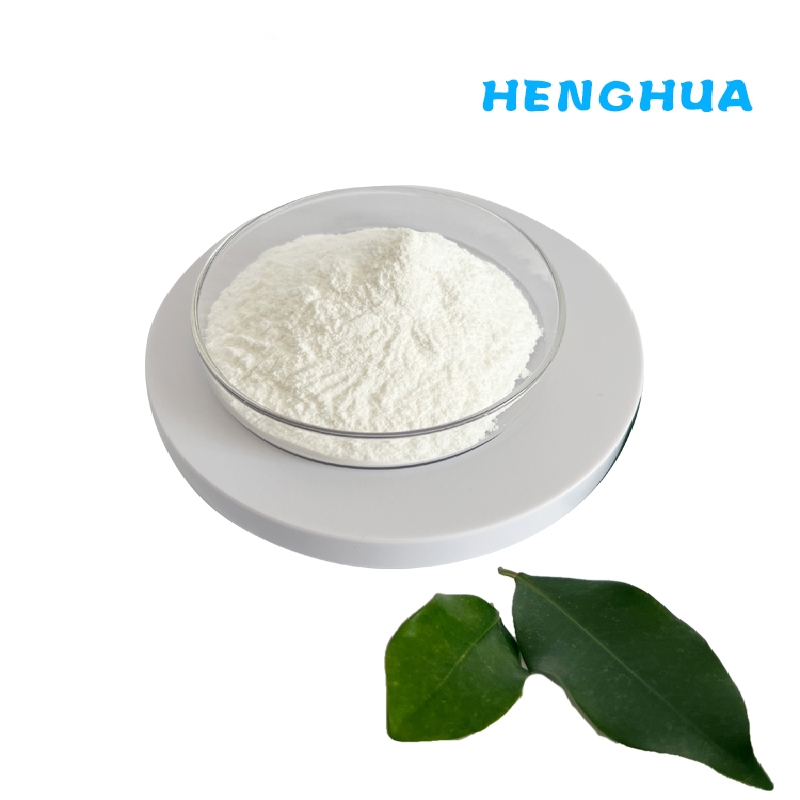-
Categories
-
Pharmaceutical Intermediates
-
Active Pharmaceutical Ingredients
-
Food Additives
- Industrial Coatings
- Agrochemicals
- Dyes and Pigments
- Surfactant
- Flavors and Fragrances
- Chemical Reagents
- Catalyst and Auxiliary
- Natural Products
- Inorganic Chemistry
-
Organic Chemistry
-
Biochemical Engineering
- Analytical Chemistry
-
Cosmetic Ingredient
- Water Treatment Chemical
-
Pharmaceutical Intermediates
Promotion
ECHEMI Mall
Wholesale
Weekly Price
Exhibition
News
-
Trade Service
On February 11-13, 2021, the American Society of Clinical Oncology Symposium on Urogenital Oncology (ASCO-GU) will be held in the cloud.
This year's ASCO-GU conferences are still heavyweights.
Experts from all over the world in the field of urinary oncology gathered online to participate in the grand event.
The heavy content of the selected conferences of Yimaitong is summarized for readers to review and learn.
01 Prostate cancer immunotherapy Advanced prostate cancer is the first tumor type in solid tumors that has achieved a breakthrough in immunotherapy.
In 2005, the Sipuleucel-T vaccine was approved for the treatment of advanced castration-resistant prostate cancer.
Prostate cancer leads the immunity of solid tumors.
treatment.
However, in recent years, immune checkpoint inhibitors represented by PD-1/L1 monoclonal antibody have achieved breakthroughs in many tumor types, while advanced prostates have only been treated in a few people with microsatellite instability and high tumor mutation burden.
Indications, previous studies on new endocrine therapy and individual immunotherapy after chemotherapy failure have not been successful.
Therefore, the advancement of PD-1/L1 monoclonal antibody treatment and the combination with existing treatments have become the focus of clinical research on advanced prostate immunotherapy.
In addition to PD-1/L1 monoclonal antibody, there are still other immunotherapy attempts to apply to advanced prostate cancer.
(⇊Click to see more exciting content) 2021 ASCO GU | Professor Sheng Xinan's interpretation: Progress in immunotherapy for prostate cancer 02 Upper urinary tract urothelial cancer Upper urinary tract urothelial cancer (UTUC) accounts for approximately urothelial cancer (UC) 5%-10%, but 60% of UTUC is invasive at first diagnosis.
In comparison, the proportion of urothelial carcinoma of the bladder (UBC) originating from the lower urinary tract at the first diagnosis is only 15-25%; Therefore, UTUC brings greater clinical harm than lower urinary tract urothelial carcinoma (LTUC).Moreover, epidemiology shows that the incidence of UTUC in Asian populations represented by China is significantly higher than that in Western populations.
In recent years, clinical studies of advanced urothelial cancer in China have found that nearly half of the cases derived from UTUC.
Therefore, more attention is paid to the diagnosis and treatment of UTUC in China.
(⇊Click to see more exciting content) 2021 ASCO GU | Professor Sheng Xinan's interpretation: Progress in research on upper urinary tract urothelial cancer 03 Non-clear cell carcinoma Non-clear cell carcinoma accounts for approximately 15-20% of all renal cell carcinoma types, in terms of treatment Surgical treatment is the main treatment.
Once recurrence or distant metastasis occurs, treatment is difficult, and there is still a lack of standard treatment.
Compared with clear cell carcinoma, non-clear cell carcinoma not only has multiple pathological subtypes, but regardless of the etiological origin and biological characteristics, non-clear cell carcinoma is different from clear cell carcinoma.
Therefore, it is based solely on the success of advanced clear cell carcinoma.
Anti-vascular targeted therapy and immunotherapy have not been able to achieve similar effects in the treatment of advanced non-clear cell carcinoma.
Therefore, in recent years, the treatment of advanced non-clear cell carcinoma has become a research hotspot, and more and more clinical studies have made attempts and breakthroughs.
(⇊Click to see more exciting content) 2021 ASCO GU | Professor Sheng Xinan's interpretation: non-clear cell cancer treatment exploration 04 Late-line treatment of advanced renal cell carcinoma In recent years, a series of immunocombination and targeted drugs used in the first-line treatment of advanced renal cell carcinoma Large randomized controlled phase 3 clinical studies have shown the benefits of immune combination therapy.
Therefore, immune combination therapy, whether it is dual immunotherapy of nivolumab combined with ipilimumab, or immune combination with anti-vascular targeted drugs, has become the main choice for first-line treatment of advanced renal cancer.
The choice of second-line treatment and how to make subsequent treatment choices after the failure of conventional targeted drugs in the first-line treatment have become clinical concerns.
At present, second-line treatment recommendations are mostly based on relevant evidence in the targeted era, and there is no high-level evidence-based medical evidence for second-line therapy based on the immune era.
(⇊Click to see more exciting content) 2021 ASCO GU | Professor Sheng Xinan Interpretation: Research Progress in Late-line Treatment of Advanced Renal Cancer 05 Advanced Urothelial Carcinoma The treatment of advanced urothelial carcinoma (mUC) has achieved breakthroughs in recent years, immunotherapy, targets Drugs conjugated to treatment and antibody have been successful.
In particular, immune checkpoint inhibitors and antibody conjugated drugs may change the current status of treatment.
This year's ASCO-GU conference's research on mUC is in line with clinical reality and has solved many clinical concerns.
(⇊Click to see more exciting content) 2021 ASCO GU | Professor Sheng Xinan's interpretation: Research progress in the treatment of advanced urothelial cancer
This year's ASCO-GU conferences are still heavyweights.
Experts from all over the world in the field of urinary oncology gathered online to participate in the grand event.
The heavy content of the selected conferences of Yimaitong is summarized for readers to review and learn.
01 Prostate cancer immunotherapy Advanced prostate cancer is the first tumor type in solid tumors that has achieved a breakthrough in immunotherapy.
In 2005, the Sipuleucel-T vaccine was approved for the treatment of advanced castration-resistant prostate cancer.
Prostate cancer leads the immunity of solid tumors.
treatment.
However, in recent years, immune checkpoint inhibitors represented by PD-1/L1 monoclonal antibody have achieved breakthroughs in many tumor types, while advanced prostates have only been treated in a few people with microsatellite instability and high tumor mutation burden.
Indications, previous studies on new endocrine therapy and individual immunotherapy after chemotherapy failure have not been successful.
Therefore, the advancement of PD-1/L1 monoclonal antibody treatment and the combination with existing treatments have become the focus of clinical research on advanced prostate immunotherapy.
In addition to PD-1/L1 monoclonal antibody, there are still other immunotherapy attempts to apply to advanced prostate cancer.
(⇊Click to see more exciting content) 2021 ASCO GU | Professor Sheng Xinan's interpretation: Progress in immunotherapy for prostate cancer 02 Upper urinary tract urothelial cancer Upper urinary tract urothelial cancer (UTUC) accounts for approximately urothelial cancer (UC) 5%-10%, but 60% of UTUC is invasive at first diagnosis.
In comparison, the proportion of urothelial carcinoma of the bladder (UBC) originating from the lower urinary tract at the first diagnosis is only 15-25%; Therefore, UTUC brings greater clinical harm than lower urinary tract urothelial carcinoma (LTUC).Moreover, epidemiology shows that the incidence of UTUC in Asian populations represented by China is significantly higher than that in Western populations.
In recent years, clinical studies of advanced urothelial cancer in China have found that nearly half of the cases derived from UTUC.
Therefore, more attention is paid to the diagnosis and treatment of UTUC in China.
(⇊Click to see more exciting content) 2021 ASCO GU | Professor Sheng Xinan's interpretation: Progress in research on upper urinary tract urothelial cancer 03 Non-clear cell carcinoma Non-clear cell carcinoma accounts for approximately 15-20% of all renal cell carcinoma types, in terms of treatment Surgical treatment is the main treatment.
Once recurrence or distant metastasis occurs, treatment is difficult, and there is still a lack of standard treatment.
Compared with clear cell carcinoma, non-clear cell carcinoma not only has multiple pathological subtypes, but regardless of the etiological origin and biological characteristics, non-clear cell carcinoma is different from clear cell carcinoma.
Therefore, it is based solely on the success of advanced clear cell carcinoma.
Anti-vascular targeted therapy and immunotherapy have not been able to achieve similar effects in the treatment of advanced non-clear cell carcinoma.
Therefore, in recent years, the treatment of advanced non-clear cell carcinoma has become a research hotspot, and more and more clinical studies have made attempts and breakthroughs.
(⇊Click to see more exciting content) 2021 ASCO GU | Professor Sheng Xinan's interpretation: non-clear cell cancer treatment exploration 04 Late-line treatment of advanced renal cell carcinoma In recent years, a series of immunocombination and targeted drugs used in the first-line treatment of advanced renal cell carcinoma Large randomized controlled phase 3 clinical studies have shown the benefits of immune combination therapy.
Therefore, immune combination therapy, whether it is dual immunotherapy of nivolumab combined with ipilimumab, or immune combination with anti-vascular targeted drugs, has become the main choice for first-line treatment of advanced renal cancer.
The choice of second-line treatment and how to make subsequent treatment choices after the failure of conventional targeted drugs in the first-line treatment have become clinical concerns.
At present, second-line treatment recommendations are mostly based on relevant evidence in the targeted era, and there is no high-level evidence-based medical evidence for second-line therapy based on the immune era.
(⇊Click to see more exciting content) 2021 ASCO GU | Professor Sheng Xinan Interpretation: Research Progress in Late-line Treatment of Advanced Renal Cancer 05 Advanced Urothelial Carcinoma The treatment of advanced urothelial carcinoma (mUC) has achieved breakthroughs in recent years, immunotherapy, targets Drugs conjugated to treatment and antibody have been successful.
In particular, immune checkpoint inhibitors and antibody conjugated drugs may change the current status of treatment.
This year's ASCO-GU conference's research on mUC is in line with clinical reality and has solved many clinical concerns.
(⇊Click to see more exciting content) 2021 ASCO GU | Professor Sheng Xinan's interpretation: Research progress in the treatment of advanced urothelial cancer







